It was a tough season for South African stonefruit, but there are signs of things improving for the category
Logistical problems and a dramatic increase in the supply of South African nectarines to the EU were the most significant features of the country’s stonefruit export season.
In a report compiled for growers by industry body Hortgro, it was also revealed that steady progress was being made to gain access for South African stonefruit to China.
“It was one of the most difficult seasons we have ever had,” said Hortgro’s Jacques du Preez. “It was mostly factors outside our control which caused the most frustration. The sad part is that market conditions were excellent, but logistics hurt us badly.”
In this environment, he noted that European production opened opportunities for South Africa from early in the season, while South African volumes were also lower than initially expected.
Nina Viljoen, agricultural economist at Hortgro, said data showed apricot and peach production was stabilising, but nectarine production was still increasing.
Future plum volumes are expected to stabilise between 16m-17m cartons, compared with this year’s export volume of just over 12m cartons.
“In respect of nectarines it was interesting to note that 43 per cent of South African nectarines were this year exported to the European Union compared to 33 per cent last year,” she outlined. ”At the same time the volume sold in the UK dropped from 47 per cent of the total volume to 37 per cent.”
Both the EU and the UK remain the key markets for South African nectarines, but Jacques du Preez said it was significant that the EU was for the first time the biggest South African nectarine market.
He also noted that good progress was being made with efforts to get access for South African stonefruit in China. “We are pleased with the quick pace of access processes so far.”
Hortgro and the South African Fresh Produce Exporters’ Association (FPEF) still painted something of a dark picture of progress at South Africa’s ports.
Antoinette van Heerden, Logistics Manager at FPEF, said the equipment at the Port of Cape Town and other ports have become too old and planning by the authorities had been insufficient.
In general, there had been some progress with new management making a positive contribution, she confirmed.
A focus on logistics would be the key element of planning for the next season, Du Preez outlined, along with market access, managing phytosanitary risks and disease control.
“We stated two years ago that if we could survive two seasons, we are on the way to a bright future,” he added.
We have lived through one of those years, but we have one more to go. If we can get through the next one, things will get better.”

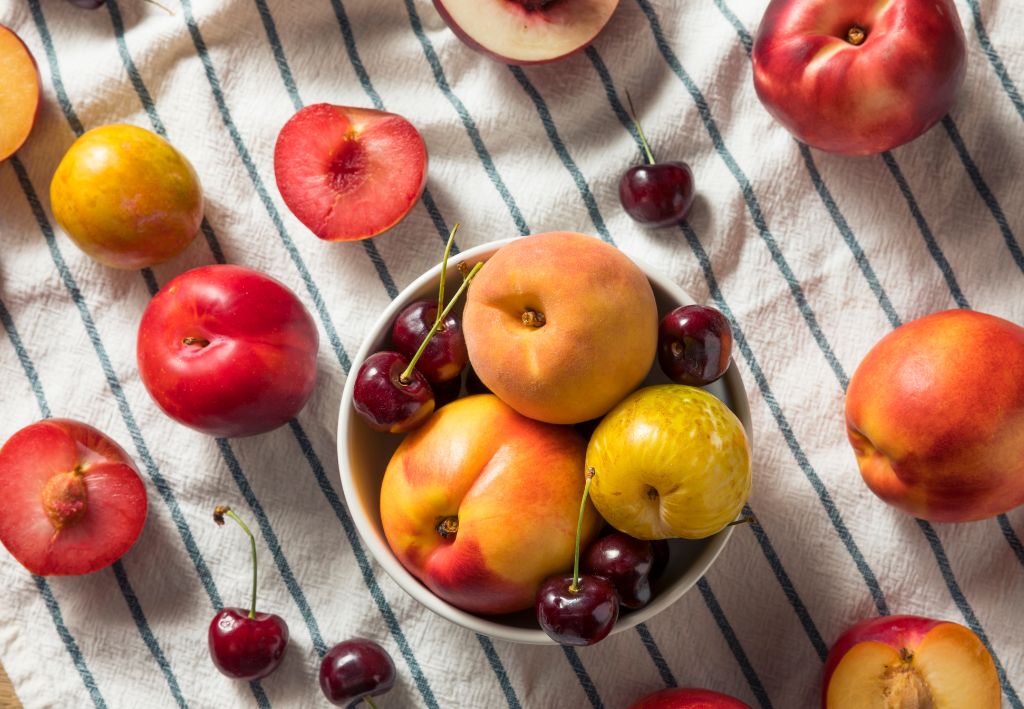


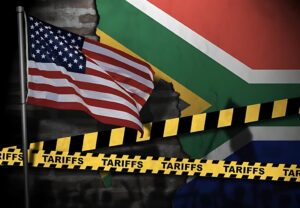

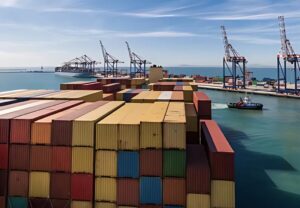
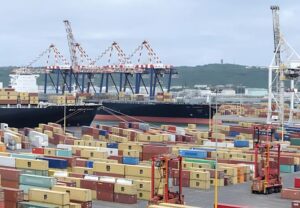
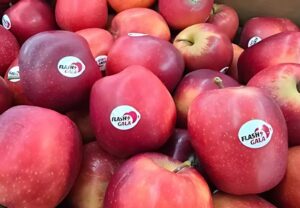

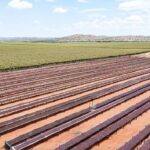

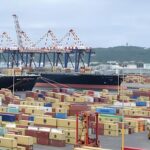
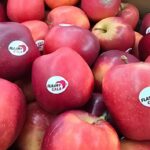

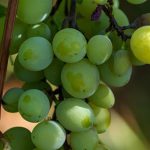
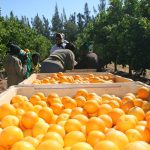
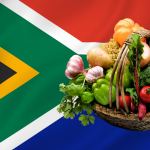
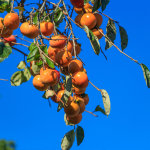












Add comment